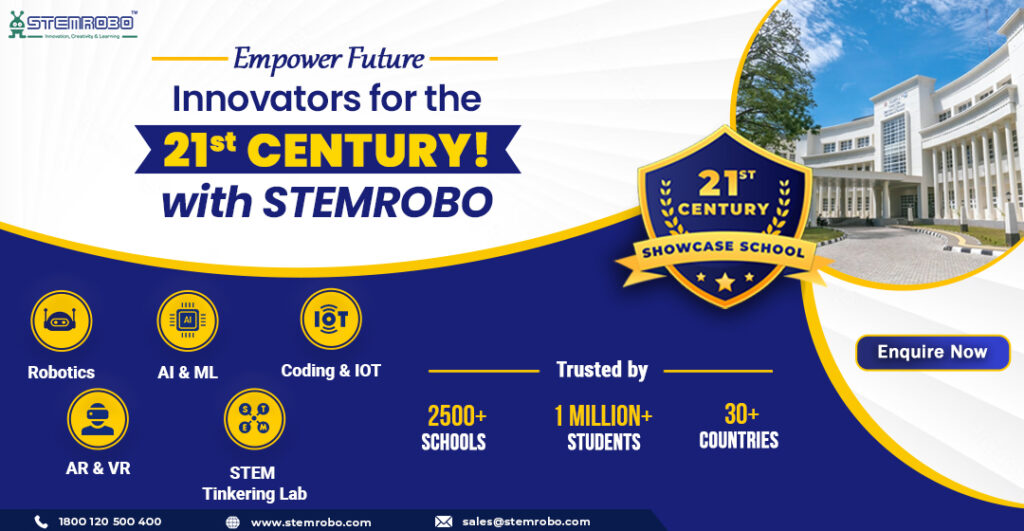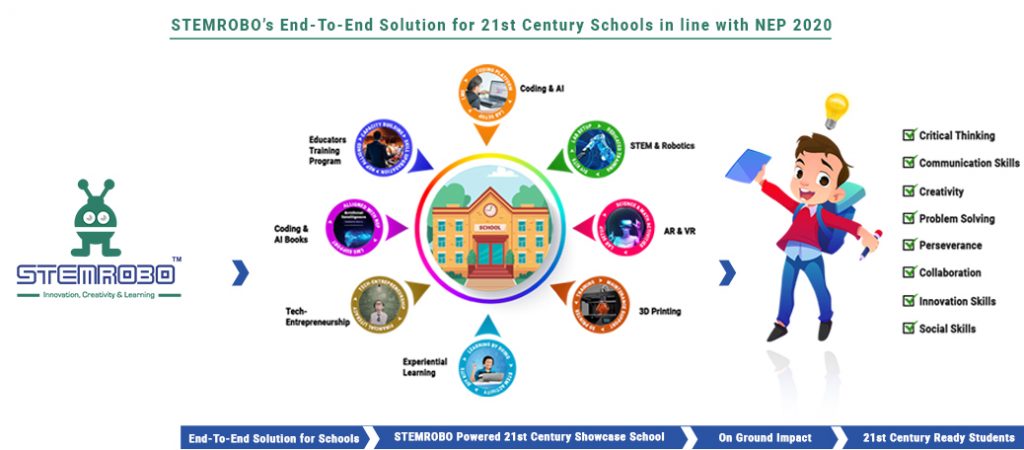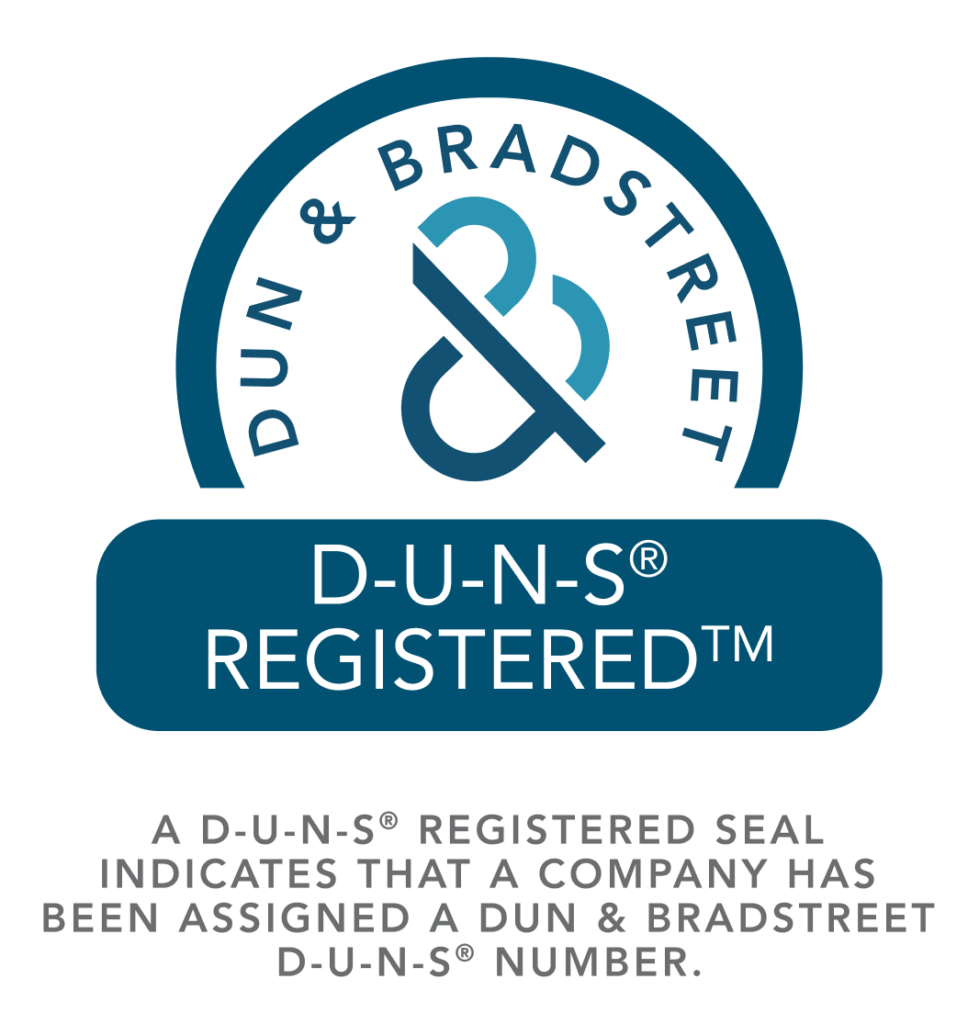21st century skills in education
The world we live in today is changing quickly. This implies that we also need to adapt the way we teach and learn. The 21st-century skills are a specific set of abilities that require our attention. These are critical abilities for success in today’s environment. Let’s discuss the significance of integrating 21st-century skills in education and how educators may support children in acquiring them. The Importance of 21st Century Skills The modern world is not the same as the one from the past. With the help of modern technology, connections between individuals worldwide are simple. This implies that we must possess the ability to think critically, communicate effectively, collaborate with others, and generate original ideas. Traditional educational methods are insufficient for preparing students for success in the quickly changing world of today. Beyond academic knowledge, a new set of abilities is needed to meet the needs of the 21st century. These abilities, often known as 21st-century skills, are critical for K–12 children to succeed in a complicated, linked, and dynamic world. Let us discuss the value of 21st-century skills in education for students from grades K–12 and the reasons it is so important to incorporate 21st-century skills in education. To become successful in the modern world, K–12 students must possess 21st-century abilities. Critical thinking, communication, teamwork, creativity, and computer literacy are among the abilities that are essential for success in school, the future workforce, and personal achievement. Schools may assist in preparing students for the possibilities and challenges of the 21st century and make sure they are well-equipped to flourish in a fast-changing global world by incorporating 21st-century skills in education. Why It Is Important to Integrate 21st Century Skills in Schools’ Academic Curriculum Connectivity to the Real World: Learning becomes more applicable in the real world when 21st-century skills are included in the academic curriculum. These abilities are crucial for success in the job and in life, not simply for academic achievement. Schools may assist students in understanding the value of their education and better equip them for the obstacles they will encounter in the future by incorporating these skills into the curriculum. Future-Readiness: As the world changes quickly, the abilities required for success now might not be the same as those required tomorrow. Schools may assist in preparing children for the future by incorporating 21st-century skills into the curriculum and giving them the tools they need to thrive in a world that is changing quickly. Improved Learning Experience: Including 21st-century skills in the curriculum can help students learn more effectively overall. These abilities promote creativity, teamwork, and active learning, which increases student engagement and meaning in the classroom. Schools may create a more dynamic and engaging learning environment that encourages student engagement and motivation by incorporating these abilities into the curriculum. Better Academic Results: Studies have indicated that students who acquire 21st-century abilities typically get higher academic results. With the use of these abilities, students may learn more effectively and develop their critical thinking, clear communication, and cooperative learning skills. By incorporating these abilities into the curriculum, educational institutions can assist in raising students’ academic achievement in every topic. It’s crucial to teach students 21st-century abilities in order to better prepare them for the modern world. It is easy for teachers to assist students in learning these abilities by employing basic techniques like group projects, questioning, and project completion. Projects, assessments, and real-world assignments may all be used to assess whether or not students are picking up these abilities. Teachers may assist students in succeeding in the 21st century and beyond by emphasizing these talents. It takes 21st-century abilities to succeed in today’s world. Teaching critical thinking, communication, teamwork, and creativity are key components of preparing students to succeed in a world that is changing quickly. Educators may assist students in developing these abilities in meaningful ways by implementing methods like technology integration, project-based learning, and collaborative learning. While evaluating 21st-century abilities might be difficult, teachers should make sure that their evaluations are in line with their learning objectives and provide students with insightful feedback by implementing techniques like guidelines, performance-based assessments, and self-assessment and peer review. Teachers may assist students in developing the abilities necessary to succeed in the 21st– generation and beyond by adopting 21st-century expertise in the classroom. Project-Based Learning: This type of teaching involves having students spend a lot of time studying and coming up with solutions to real-world, interesting, and challenging questions, problems, or challenges. In the process, they develop information and skills. As they collaborate to find solutions to real-world issues, this method enables students to acquire 21st-century abilities including critical thinking, communication, teamwork, and creativity. Collaborative Learning: This method of teaching involves having students work in groups to accomplish a shared objective. With the aid of this method, kids may learn how to collaborate with others, exchange ideas, and overcome problems. Inquiry-Based Learning: Through exploration and questioning, students build their understanding of a subject through inquiry-based learning. With the use of Critical thinking skills, students can generate multiple innovative ideas for one problem. Real-World Connections: Encouraging students to recognize the applicability of their education requires creating links between what they learn in the classroom and the outside world. Teachers may foster critical thinking abilities in their students and help them see how what they are learning relates to the actual world by bringing examples and applications from the real world into their teaching. STEMROBO Technologies, the leading Edtech company in India. We specialize in providing comprehensive end-to-end solutions for K-12 schools. Our mission is to equip students and teachers with 21st-century skills (STEM, Coding, Robotics, AI, ML, IoT, AR & VR) necessary to thrive in the rapidly changing innovation landscape. Our Stem Lab with Training is specifically designed to cater to K-12 students. We offer a wide range of STEM courses that ignite curiosity and promote experiential learning. Our stem-based learning programs encourage students to think out of the box and turn their creative ideas into reality. With robotics at
21st century skills in education Read More »







